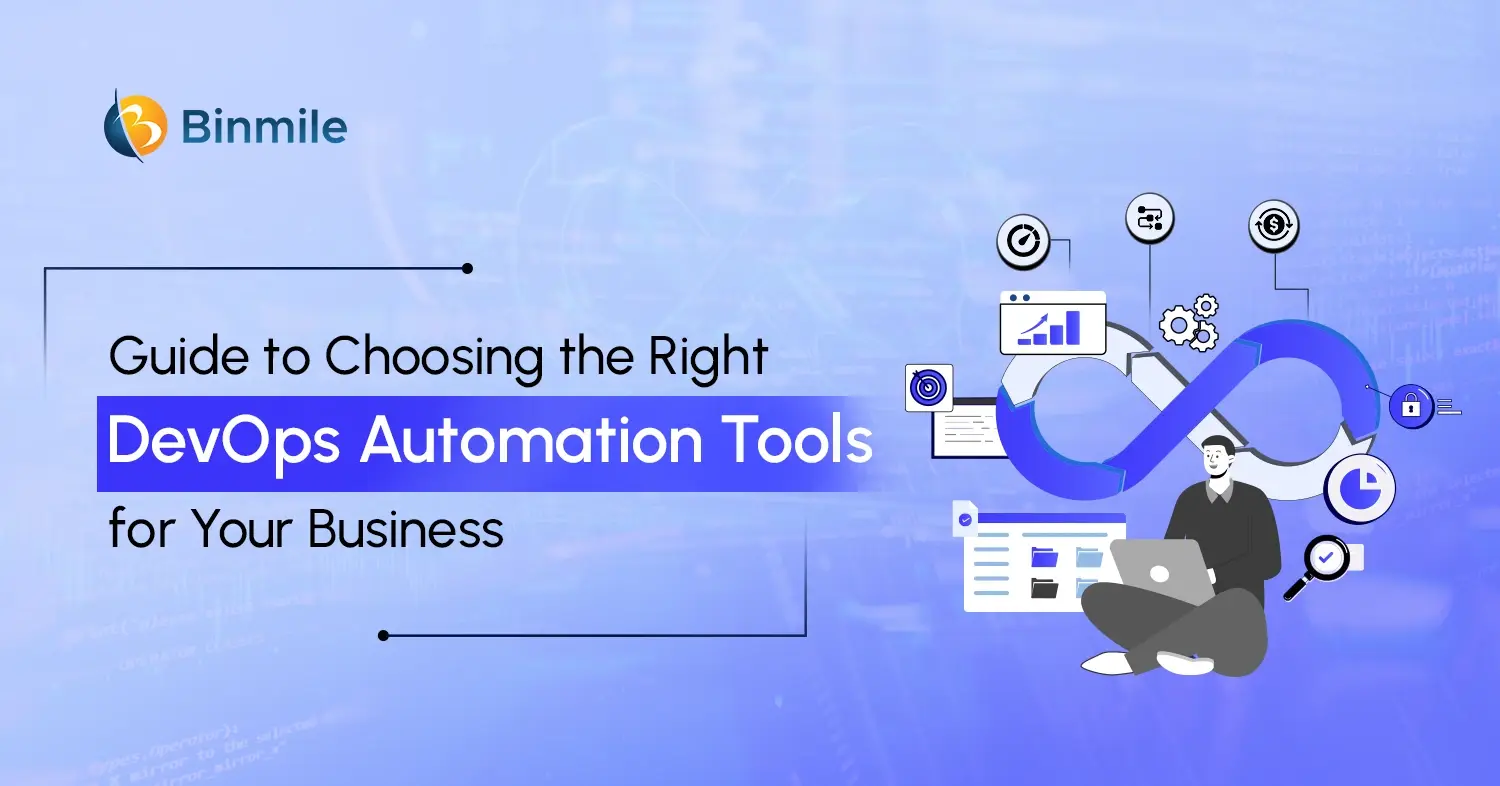DevOps smartly merges development and operations to bring two different teams together and enables greater coordination and collaboration. It meets customer needs directly and offers a greater value. A DevOps culture better responds to change, improves quality, and takes products to market. DevOps changes fundamental IT leadership principles. And the thing is how business leaders view requirements, governance, and risk. Here, business leaders need to value DevOps and take responsibility for driving corporate outcomes. Have a look at what industry experts say on business leadership and culture in DevOps Trends for 2024.
DevOps Trends: Business/IT Leaders will Progressively Value DevOps
Gene Kim, author, and founder of IT Revolution, thinks business leaders will value DevOps about continuous change and improvement. Here, the focus will be on the DevOps enterprise community’s works that matter to business leaders.
Kim says, “One of the most amazing dynamics within the DevOps enterprise community is seeing business leaders co-presenting success stories with their technology leadership counterparts. For example, Ken Kennedy (executive vice president and president for Technology and Product at CSG) and Kimberly Johnson (chief operating officer at Fannie Mae) described the achievements of their technology leadership counterparts and why it was important to them. I expect this trend to continue, especially given how COVID-19 has accelerated the rate of digital disruption. I believe this bodes well for all of technology.”
DevOps Trends: Hybrid Product Teams will Take Center Stage
Cross-functional, multidisciplinary teams in the process of DevOps will become a pillar of customer value delivery. Jayne Groll, CEO of the DevOps Institute and author of the 2020 Upskilling Report, thinks so.
Groll says, “With the rise of hybrid (remote/in-office) product teams, upskilling and online training initiatives will expand. As the pressure continues to rise to sell products and services through e-commerce sites, apps, or SaaS solutions, the lines between product and engineering teams will rapidly blur, giving rise to cross-functional, multidisciplinary teams that must learn and grow together. Each member will need to develop a wider combination of process skills, soft skills, automation skills, functional knowledge, and business knowledge, while maintaining deep competency in their focus areas. Product and engineering teams will be measured on customer value delivered, rather than just features or products created.”
DevOps Trending: Corporate Culture Transformation to Systems Thinking
Corporate culture in DevOps process will transform as business leaders change their focus to systems thinking. It will ultimately drive strategic investments. Carmen DeArdo, senior value stream management strategist, Tasktop Technologies, thinks so.
DeArdo says, “Business leaders faced the dilemma of knowing they need to improve time-to-market in order to remain competitive while on a limited budget. Millions of dollars have been spent on digital transformation, which (at best) has yielded local optimizations but not systemic business outcomes. This will drive a focus on applying systems thinking to first identify where and what types of investments will result in delivering desired business outcomes and then scaling these concepts across the organization.”
Shifting your team to a DevOps approach is not a straightforward process. It is beneficial for IT teams and development processes. It is full of challenges and encounters resistance. When transitioning large teams to a DevOps culture and mindset, IT leaders need to focus on clear communication, implement the best DevOps practice, and eliminate silos and barriers between team members.
When IT/business leaders value DevOps and take responsibility, they can make the most out of DevOps. Systematic thinking, team skills, and value to customers will be the DevOps trends for 2024.









